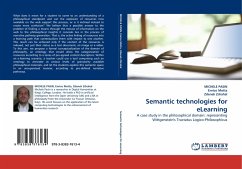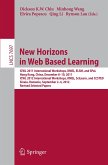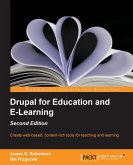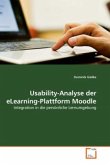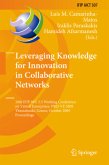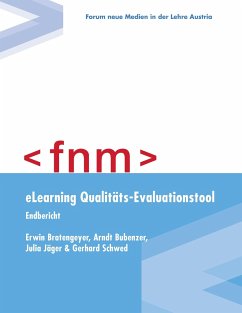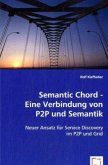What does it mean for a student to come to an understanding of a philosophical standpoint and can the explosion of resources now available on the web support this process, or is it inclined instead to create more confusion? We believe that a possible answer to the problem of finding a means through the morass of information on the web to the philosophical insights it conceals lies in the process of narrative pathway generation. That is, the active linking of resources into a learning path that contextualizes them with respect to one another. This result can be achieved only if the content of the resources is indexed, not just their status as a text document, an image or a video. To this aim, we propose a formal conceptualization of the domain of philosophy, an ontology that would allow the categorization of resources according to a series of pre-agreed content descriptors. Within an e-learning scenario, a teacher could use a tool comprising such an ontology to annotate at variouslevels of granularity available philosophical materials, and let the students explore this semantic space in an unsupervised manner, according to pre-defined narrative pathways.
Bitte wählen Sie Ihr Anliegen aus.
Rechnungen
Retourenschein anfordern
Bestellstatus
Storno

